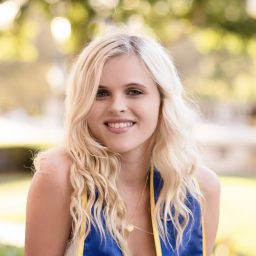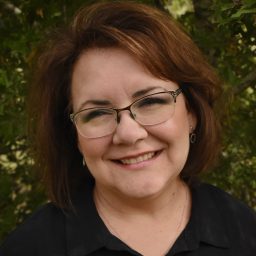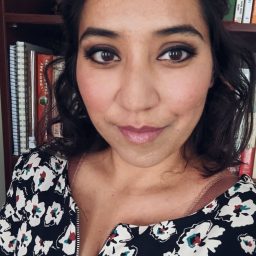Lauren A
United Kingdom
“Concise and compelling language is at the heart of all good communication.”
Specialist subjects:
Editing formats:
Education:
MA in Creative and Critical Writing
University of Sussex
2013–2014
BA (Hons) in English with Creative Writing
University of Falmouth
2009–2012
Favorite referencing style
APA, because I have the most experience with it.
Why I became an editor
I believe that clear, engaging language is the key to every good interaction, be that between author and reader or company and consumer. As someone who has pursued an education and career around the written word, I aim not only to correct mistakes but to enhance the flow and potency of a piece of writing.
Background and experience
I have over a decade’s experience in copywriting, editing and proofreading, and my daily workload includes generating and/or editing press releases, marketing emails and blog posts. Alongside this, I freelance for companies and individuals. I recently completed a job as sub-editor for an independent zine, a role that included proofreading, sense-checking and working with the founder on the ‘Dear Reader’ section. My latest work is with a budding author, with whom I am editing their manuscript.
Why I love proofreading and editing
I enjoy helping people find their voice and clearly communicate their meaning. As a writer myself, I love working with short stories and book manuscripts. I also have extensive experience in marketing communications and editorial copy. I enjoy working on academic essays and have worked with students in English literature, art history and clinical psychology. Like many proofreaders, I get great satisfaction from refining a piece until it is not only technically flawless but enjoyable to read.

Favorite book:
‘Jitterbug Perfume’ by Tom Robbins.

Hobbies:
When I'm not proofreading, you'll usually find me reading, cycling, at a show or with my pet chickens.

Editing tips:
With any piece of writing, though particularly creative or academic, I find it useful to initially read the text in full without a proofing eye in order to gauge tone and structure.





